Elder (Sambucus) hydroglycerin leaf extract
€ 6,00 – € 9,00 inc. VAT
Thanks to polyphenols it is characterized by high antioxidant activity, which significantly affects its health-promoting properties. It has great anti-inflammatory, antibacterial and antioxidant action, strengthens the immune system and is very effective for a variety of skin problems, burns, psoriasis, etc. Ingredient of anti-aging creams, suitable for sensitive skin, for varicose veins, blemishes and body balms.
INCI: Sambucus nigra flower hydroglycerin extract
Sambucus nigra (Elder) is a plant in the form of a shrub or tree, known since antiquity for its medicinal properties. Mentioned with the name Aktea or Aktaia in the plant works of the ancient philosopher Theophrastus and then with the name in the plant descriptions of the great physician-pharmacologist of the first Christian years Dioskouridis.
Elder flowers contain phenolic acids (hydroxycinnamic acids, mainly chlorogenic acid), and flavonols (various glycosides of quercetin, kaempferol and isorhamnetin). Among the polyphenols in this group, quercetin-3-rutinoside (rutin) is found in higher proportions.
The flowers of Sambucus nigra usually have stronger antioxidant and anti-free radical action than berries and leaves. The flowers and berries of the plant are well known as a traditional remedy for various ailments and diseases and are commonly used in folk medicine.
Due to the presence of flavonoids, elderflowers demonstrate primarily diaphoretic, antipyretic and diuretic properties. They obturate the capillary walls, improve their flexibility and prevent infiltration of red blood cells and plasma outside the vessels thanks to the content of compounds (rutin) having the properties of vitamin P. Moreover, elderflowers show anti-inflammatory and antibacterial properties and therefore are used for gargling to treat sore throats or as compresses to treat conjunctivitis. They are most often used as infusions of dried flowers for internal or external application. Nowadays remedies against cold, flu and other infectious illnesses are being developed using Sambucus nigra fruit or flowers. They are used as components of dietary supplements in the form of syrups, drops, tablets, capsules, lozenges, aerosols, emulsions or suspensions. Elderflower extracts displayed a high antimicrobial efficacy and large zones of inhibition against a broad range of bacteria.
They also improve capillary flexibility and prevent the infiltration of red blood cells and plasma out of blood vessels, thanks to the content of compounds (routine) that have the properties of vitamin P. In addition, elderflowers have anti-inflammatory and antibacterial properties and therefore use their gargles for the treatment of sore throat or as compresses for the treatment of conjunctivitis. They are most often used as decoctions of dried flowers for internal or external application. Treatments for colds, flu and other infectious diseases are being developed
Antibacterial activity, Diabetes treatment, Impact on urinary parameters
Stimulates the production of hyaluronic acid and increases the hydration and regeneration of cells.
Only logged in customers who have purchased this product may leave a review.


 Ελληνικά
Ελληνικά


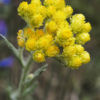
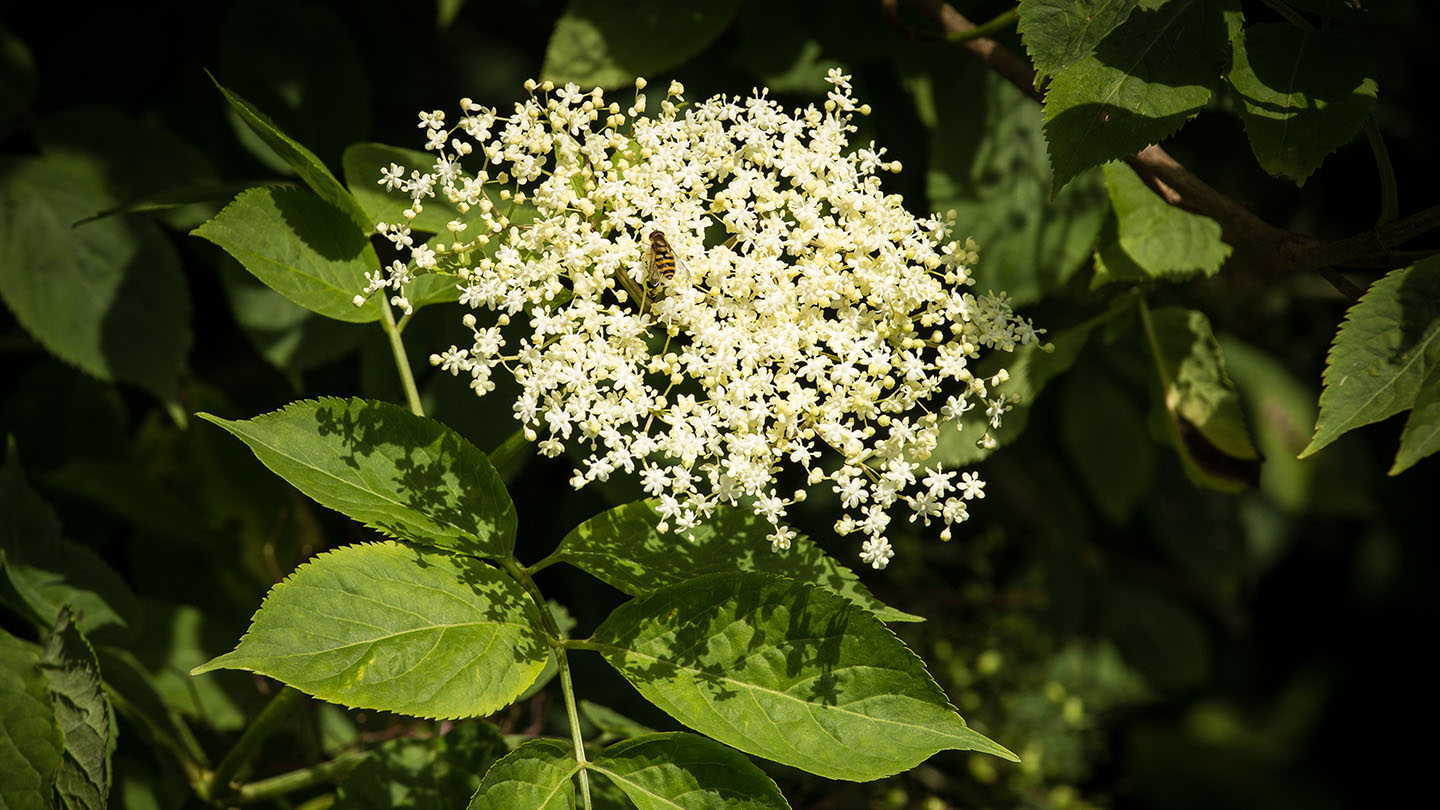
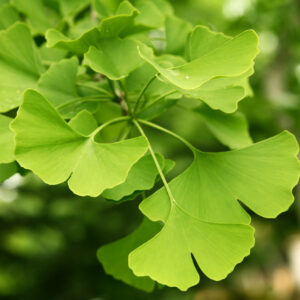
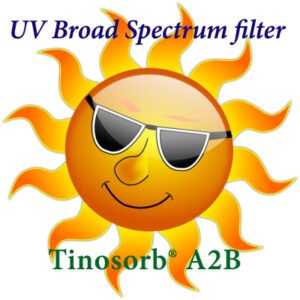
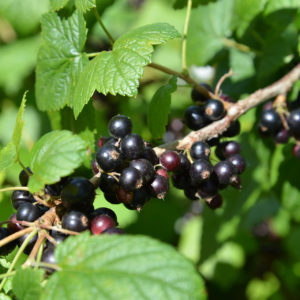
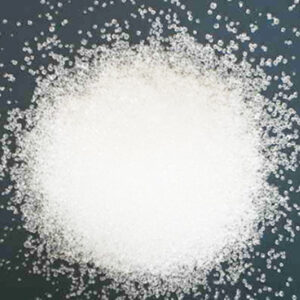
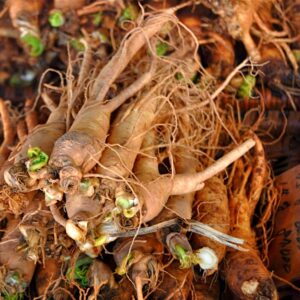
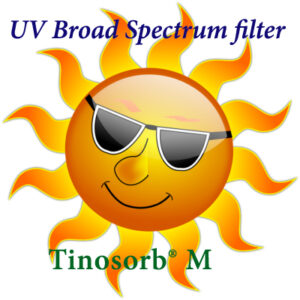

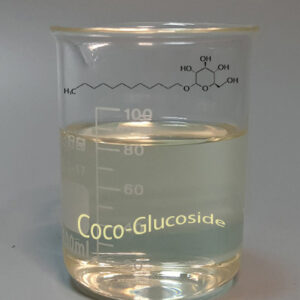

Reviews
There are no reviews yet.